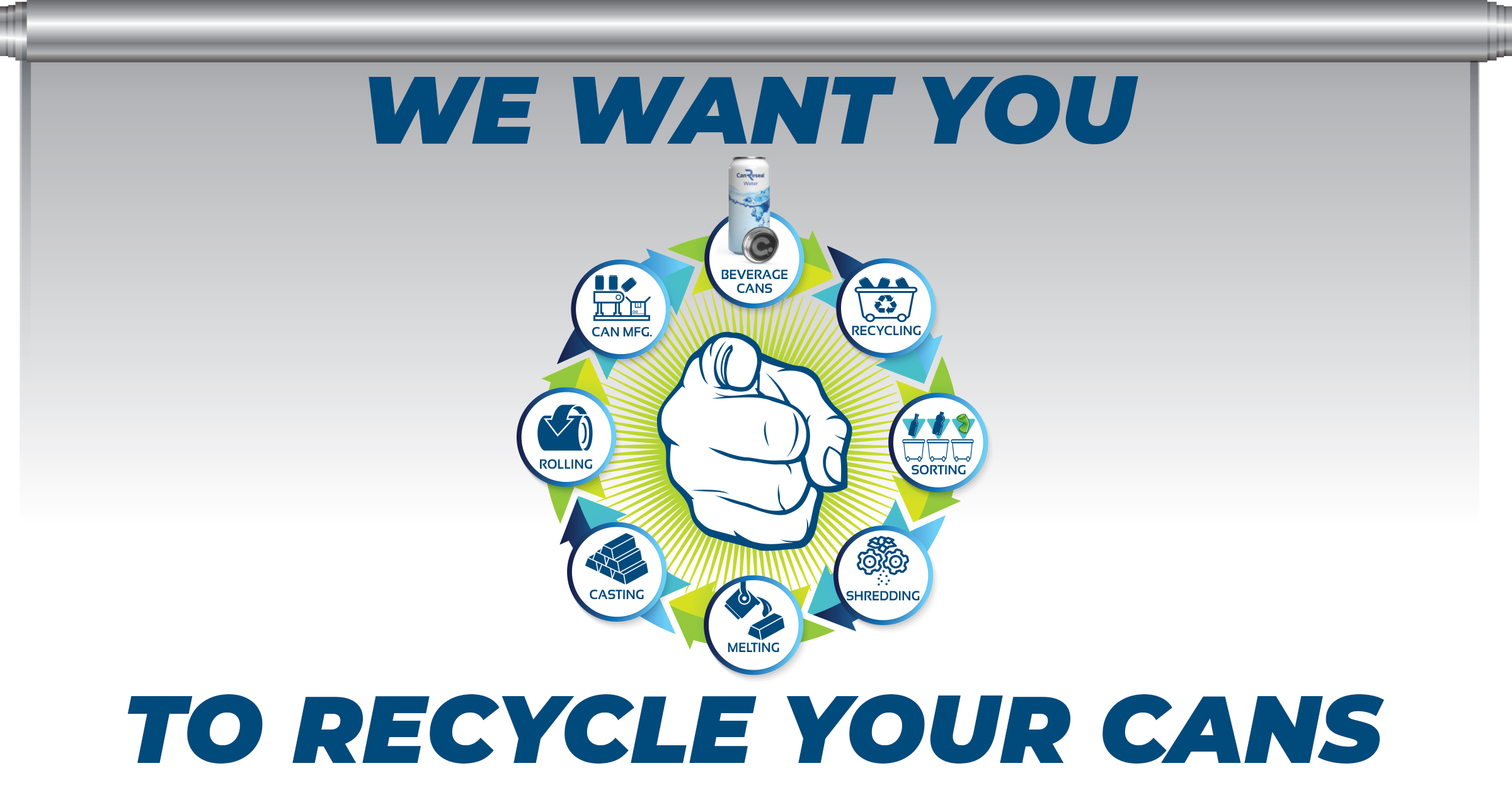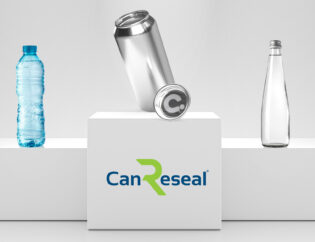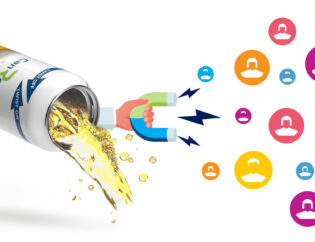
Aluminum, admired for its strength, lightweight quality, and corrosion resistance, plays an essential role in our daily lives. However, its true marvel lies in its recyclability, a key driver of sustainability. Yet, its significance often goes unnoticed amid the clamor for eco-friendly practices. In this narrative, we unveil the profound importance of recycling aluminum, shedding light on its immense potential to reshape our environmental footprint.
Aluminum is the third most abundant element in the Earth’s crust, ensuring its wide availability for numerous applications. Its sustainable attributes begin with the extraction process. Compared to other metals like steel, aluminum’s production from bauxite ore consumes significantly less energy. This translates into lower carbon emissions, reduced environmental impact, and a smaller ecological footprint. However, aluminum’s recyclability is where its sustainable journey truly shines. Unlike many materials, aluminum can be recycled repeatedly without any loss in quality. This circular economy approach conserves natural resources, lowers energy consumption, and minimizes waste. According to the Aluminum Association, recycling aluminum saves up to 95% of the energy required for primary production.
Recycling aluminum presents a remarkable energy-saving benefit. Recycling just one aluminum can saves enough energy to power a TV for up to three hours. On a larger scale, recycling aluminum across industries substantially reduces energy demand and greenhouse gas emissions. Aluminum recycling contributes significantly to reducing the load on landfills. Aluminum products that end up in landfills can take hundreds of years to decompose, contributing to environmental harm. By recycling aluminum, we keep this valuable resource in circulation, preserve natural spaces, and reduce the need for new aluminum production.
Recycling aluminum creates economic opportunities while conserving the environment. It supports jobs in recycling facilities, transportation, and manufacturing, boosting local and national economies. Moreover, as aluminum recycling becomes more widespread, it can lead to cost savings for industries dependent on aluminum, benefiting consumers.
Recycling aluminum is an environmentally responsible choice. This adaptable metal exemplifies the potential of a closed-loop recycling system, where materials are endlessly reused, reducing waste, energy use, and carbon emissions. By consciously recycling aluminum in our daily lives and supporting initiatives that promote its recycling, we contribute to a sustainable and eco-conscious future. Recognizing the significance of recycling aluminum is a vital step toward a greener planet.










